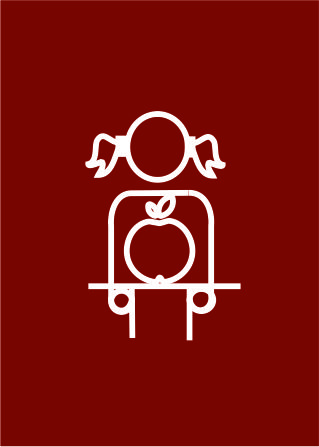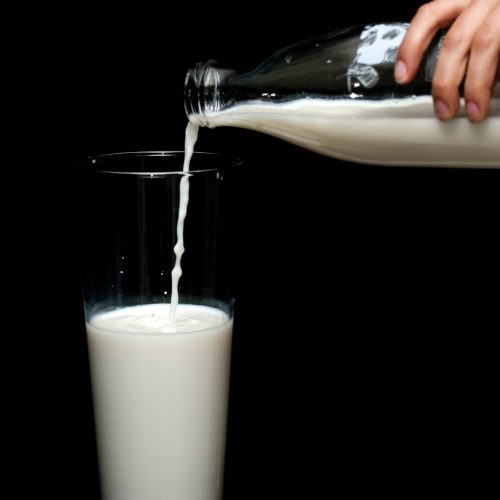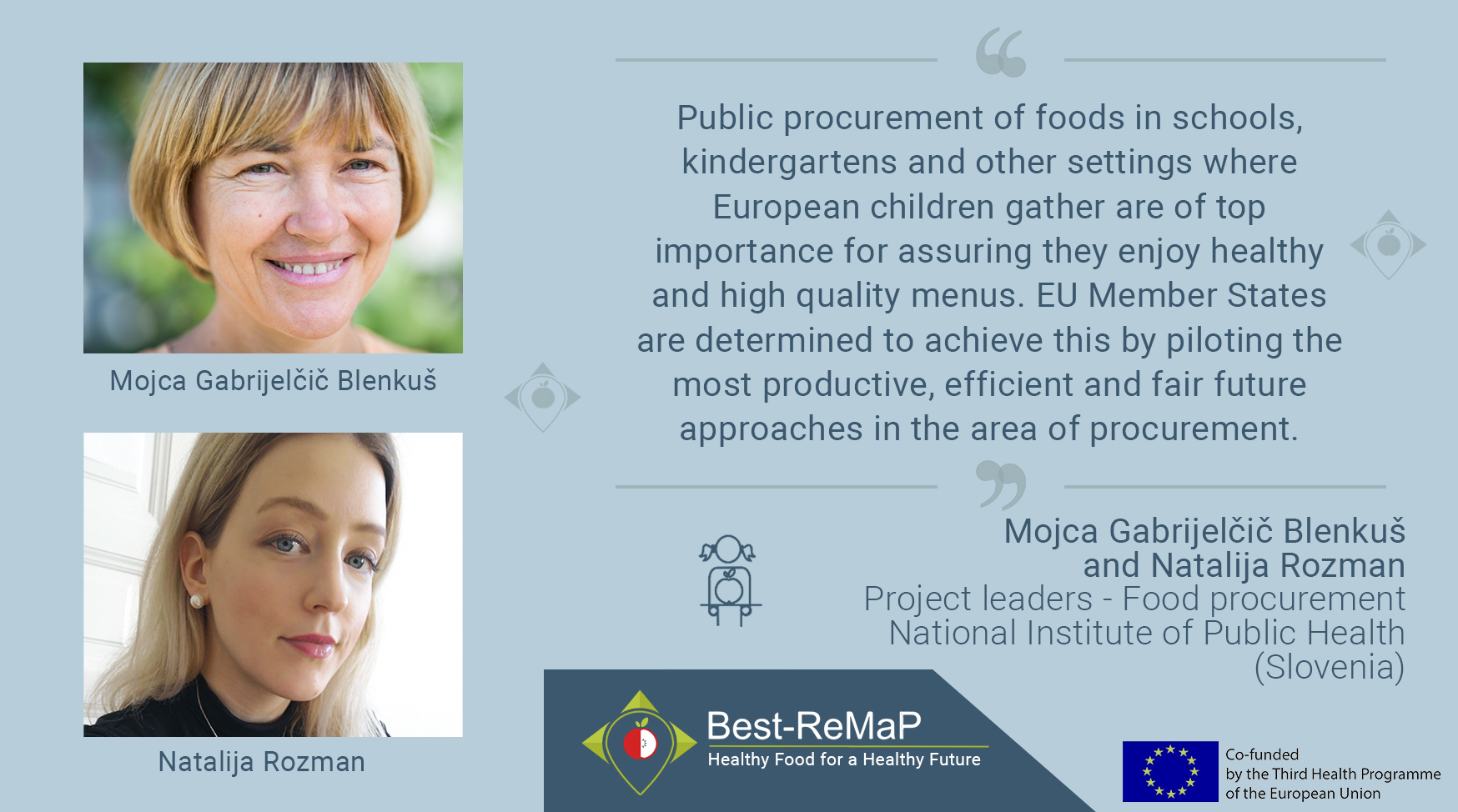

Work Package 7: Food procurement
Procurement of nutritious food in public institutions
Oftentimes, the biggest obstacle to having a healthy diet is the absence of high-quality food, especially in public institutions such as schools, kindergartens, hospitals, etc. Considering the amount of time that children spend at school, as well as the fact that in many European countries children consume at least one daily main meal there, schools are an ideal environment for supporting healthy behaviours.
The total social foodservice market in the EU (including private sector expenditure) has been estimated at €82 billion. This constitutes a sizable market as well as a powerful market force that should not be ignored. Public sector institutions as centres of procurement represent a significant part of the procurement of any national food economy and a large portion of food that people consume every day.
Benefits to European citizens
This part of the project takes on a pilot approach across the EU to contribute to the higher quality of menus, by assuring the transparent quality of the procured foods in the selected public institutions of the interested Member States. With a view for the long-term, the project’s findings and recommendations will be implemented at the regional, national and EU levels to improve food choices for children, thus adding to increased healthy life years.
The project contributes to more transparent and better quality, healthy and nutritious menus in the public institutions (mainly schools and kindergartens) at regional, national and EU levels. Work Package 7 activities contribute to the Best-ReMaP long-term overall objective to improve food choices for children, thus adding to increased healthy life years at the Member State and EU level.
Expert Area
Upon completion, this part of the Best-ReMaP project will support the establishment of the intersectoral working group for the public procurement of foods in public institutions, in the participating Member States. It also aims to increase the overall understanding, knowledge and skills regarding public procurement of food/food products in selected public institutions, enable more choice of quality food stuffs for balanced menus in selected public institutions, and recommend further institutionalised implementation of the public procurement procedures for foods (based on quality standard) across EU states.
- D7.1 Overview/applicative situation analyses of the existing EU and national legislation (April 2021)
- D7.2 Knowledge transfer training(s) (July 2022)
- D7.3 Pilot Catalogue of foods (May 2023)
- D7.4 EU harmonised Framework for Action (September 2023)





The content of this website represents the views of the author only and is his/her sole responsibility; it cannot be considered to reflect the views of the European Commission and/or the Consumers, Health, Agriculture and Food Executive Agency (CHAFEA) or any other body of the European Union. The European Commission and the Agency do not accept any responsibility for use that may be made of the information it contains.
